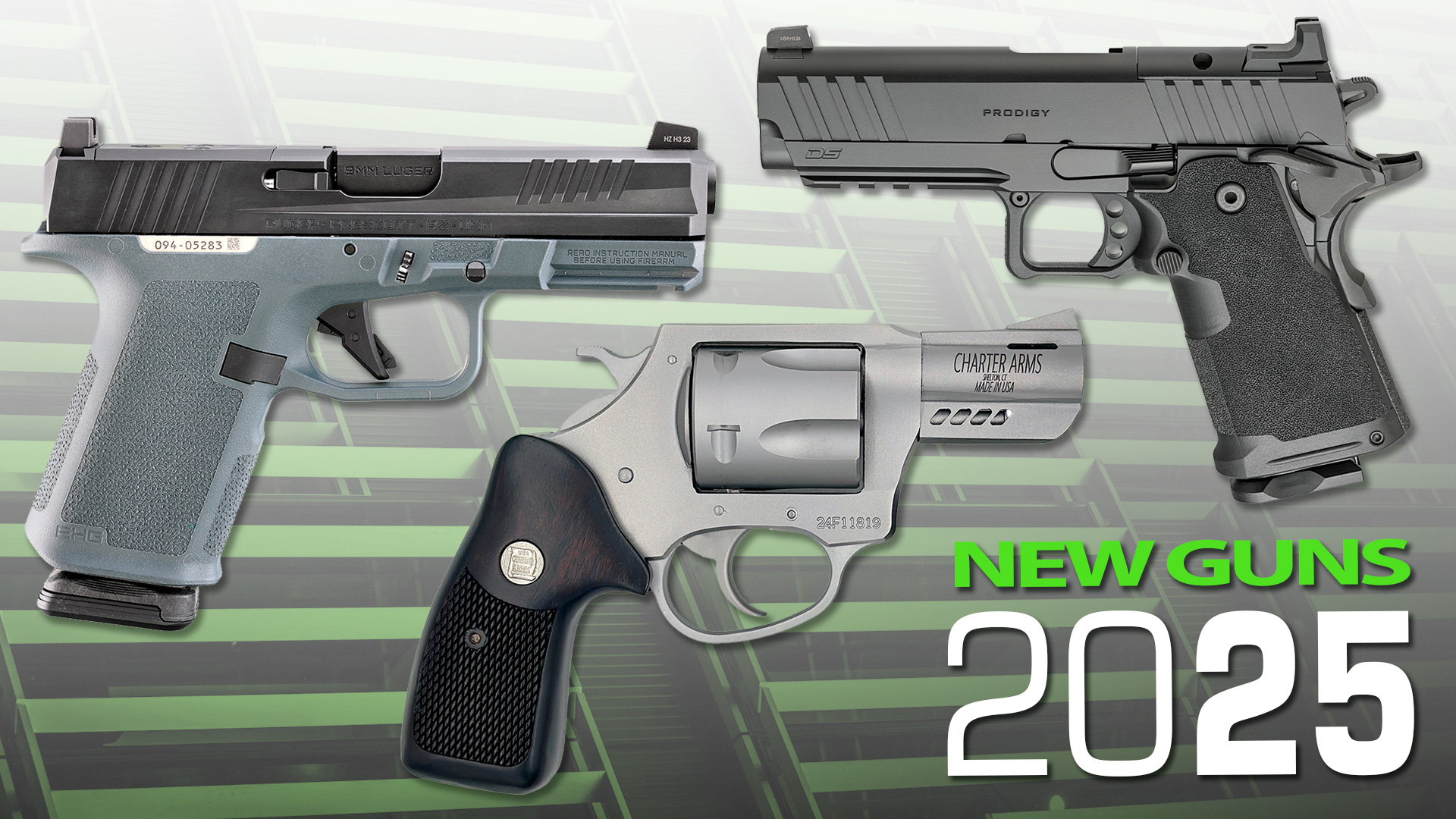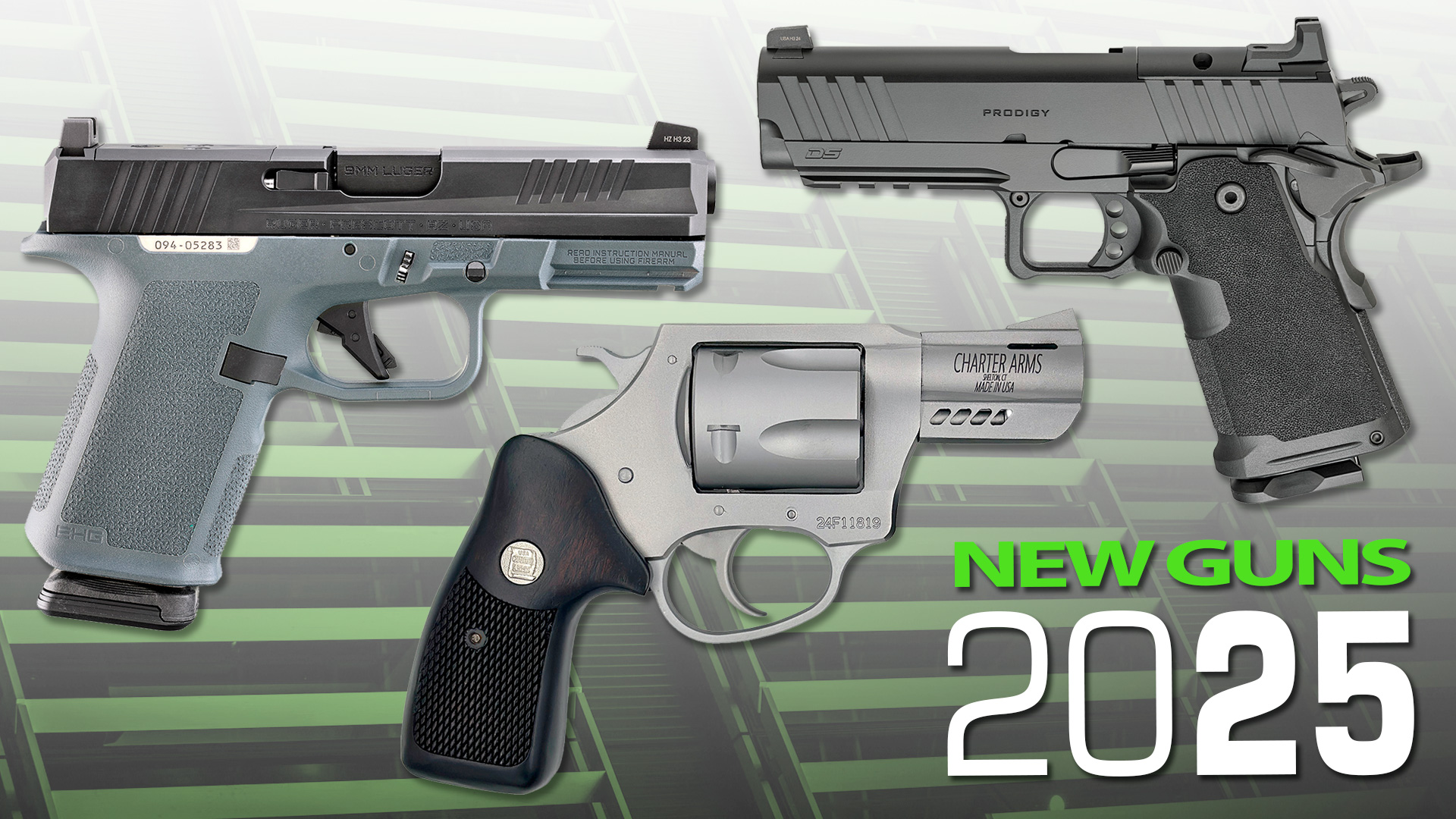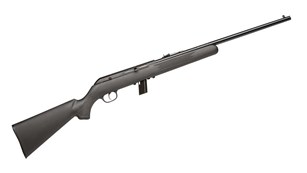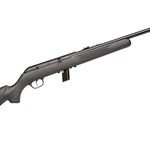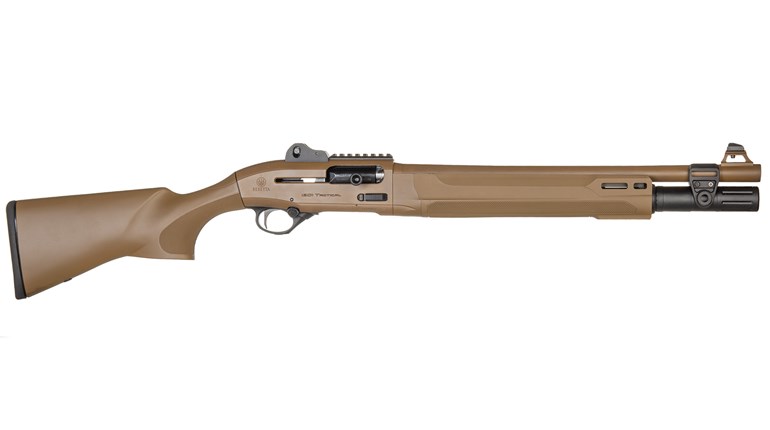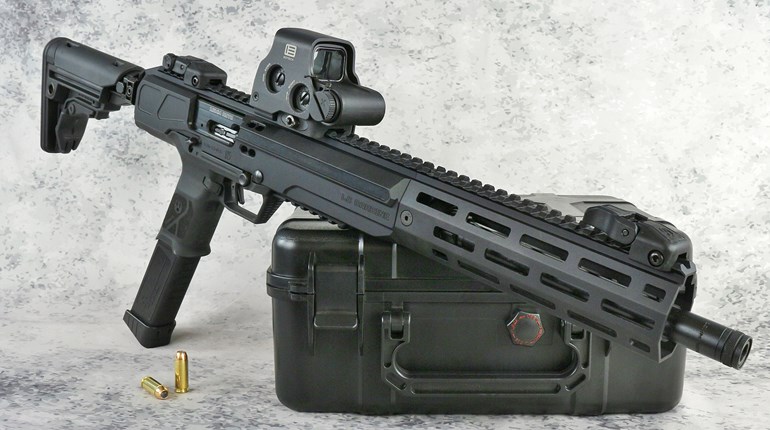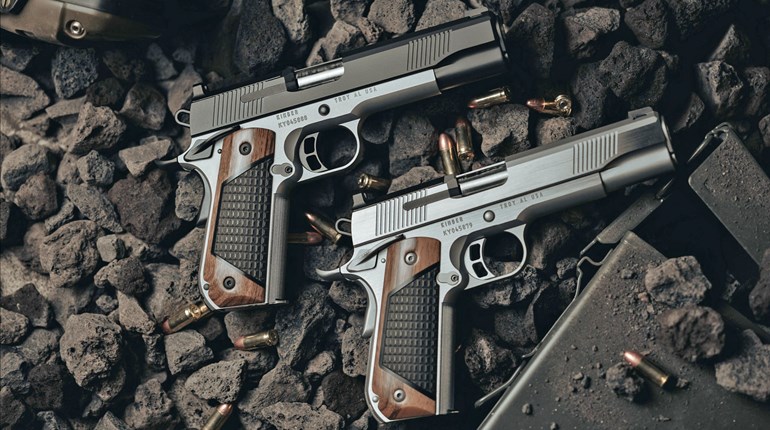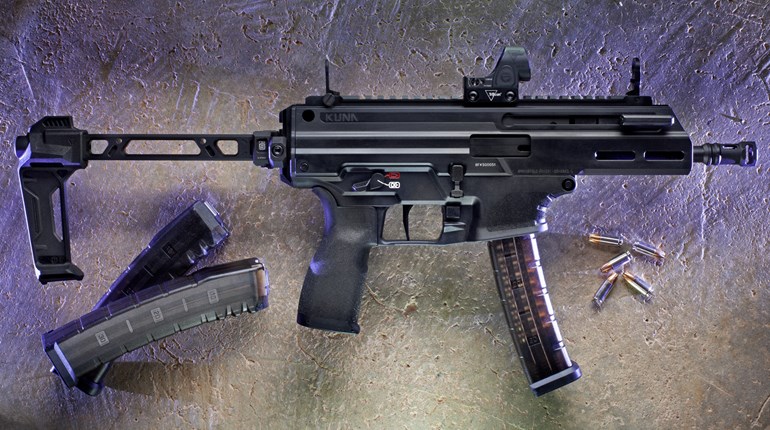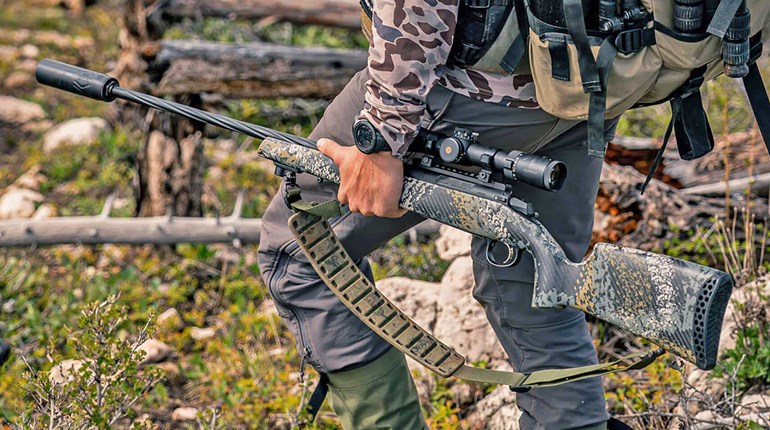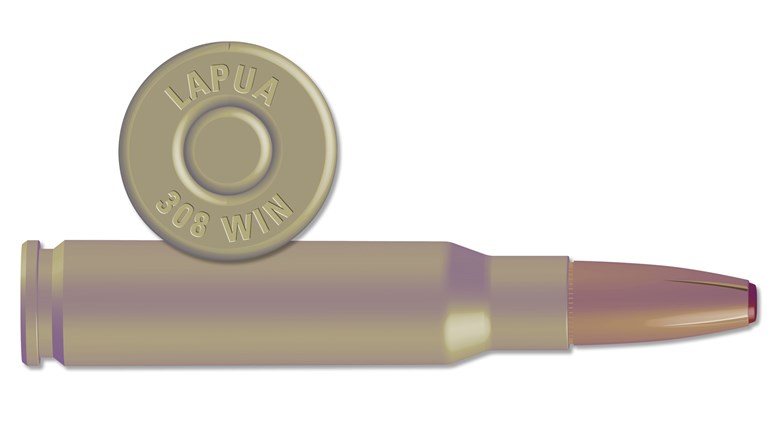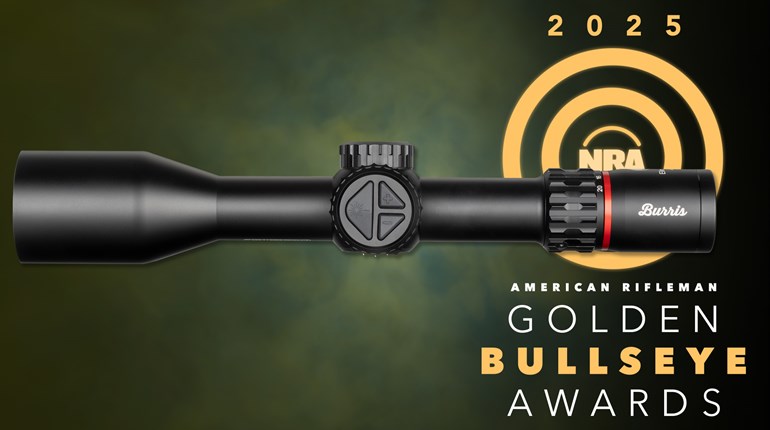
I used to be a 1911 guy, until I took an arrow to the knee. No, wait, I’m mixing my memes. I did used to be a die-hard 1911 fan, back in the days of diminished-capacity magazines when it made sense to carry eight rounds instead of 10, rather than 15, 17 or 20. There’s absolutely nothing wrong with the 1911; in fact, there’s plenty right. It’s just that once standard-capacity magazines were back in circulation, it made more sense to carry a pistol with 15 or more rounds on tap than seven or eight. No, I don’t plan on missing much, but I also don’t know how badly my aim will degrade when the target is moving, not made out of paper and shooting back at me. I want every advantage I can get.
John Moses Browning’s most famous pistol design is still a quite-valid defensive tool, of course, and there’s plenty of folks out there going well-heeled with a version on their belts. This once-ubiquitous pistol has become more of a boutique arm, though, and the multiple-kilobuck offerings appear to be crowding affordable models out of the marketplace. That’s a shame, because there’s a lot to like about the 1911. Enter Taurus, provider of affordable arms. Oh, I know, you’re snickering. “Taurus?” you cry, reflexively. “How can we take you seriously if you’re suggesting a Taurus?” Go ahead and dismiss it based on the brand name alone. Whatever you do, don’t take one to the range and shoot it, and find out that your preconceptions are wrong. Listen to the hipsters who think you need to spend thousands on a 1911. That’ll leave more of these affordable pistols for the rest of us.
Taurus offered its first 1911-style pistol back in 2005, and then a little something called the Judge happened. While the Brazilian company rolling out its take on the American-as-apple-pie 1911 might have been news, it was overshadowed by another gun manufacturer rolling out its first 1911 the year before: Smith & Wesson. Shortly after, Taurus launched the Judge revolver and found that the company couldn’t make them fast enough. The Judge’s immense popularity didn’t slow down until the mid-20-teens, when Taurus started expanding its 1911 line, but the company has wasted little time since then, rolling out Commander- and Officer’s-size models in a little more than a year’s time.
This particular version is the Commander chambered in .45 ACP (Taurus released a 9 mm variant this year), the mid-size, full-frame offering. Consider the Compact Commander 1911 the G19X of its day—the slide is slightly shortened for a faster draw, but the grip is the same size to maintain control. While there’s a good case to be made for the reverse (where the grip is shortened, but the slide is the same length), both variants have their fans and the Commander-size 1911 has been around for many decades. It makes sense for Taurus to offer this size, if for no other reason than to complete the standard 1911 family of pistols: Government, Commander and Officer’s models.

Taurus’ PT1911 Commander follows the standard 1911 pattern with a couple minor deviations: Rather than a traditional recoil-spring guide like the original U.S. G.I. 1911, the Taurus employs a full-length guide rod, and sights are from Novak. The guide rod is a matter of preference, really, and is a matter of some debate in the 1911 community. Fans point to increased weight at the muzzle leading to greater controllability and accuracy, while detractors highlight the increased difficulty in field-stripping and the inability to rack the slide single-handedly, if needed. Other than these two differences, the PT1911 is a traditional Commander in .45 ACP. If that’s what you’re looking for, that’s what you’ll get.
Of course, the real proof of any firearm is on the range. The Commander design is not without its quirks and such, so detailed testing to find ammunition that works best is a great idea (it’s a great idea no matter what you’re testing, of course). In fact, this was driven home when I loaded the Commander with Hornady’s American Gunner 185-grain XTP—it most decidedly did not like it. Change that to the same grain weight FTX and it worked fine. Standard 230-grain FMJ “ball” ammunition worked fine, as would be expected, as did SIG Sauer’s 200-grain V-Crown, and that’s why we test with multiple ammunition weights and bullet types. We used the magazines that came with the Taurus as well as Chip McCormack and Wilson Combat, and all fed rounds without incident.
There was another glitch during shooting I debated on including, but figured I’d add it in for completeness’ sake. After approximately 200 rounds, I noticed what appeared to be an increasing flinch—except I wasn’t flinching. Instead, the rear sight was slowly drifting off center. It’s not a big deal; I’ve seen it happen in other guns I’ve tested, but it does drive home one of the many reasons we “break in” a firearm. Better to find out your point-of-aim has shifted on the range than in a self-defense emergency.
Why a Taurus 1911? There’s no getting around that MSRP. Slightly more than $600, which means that real-world examples will be selling for somewhere in the neighborhood of $500—or less, as a quick spin on various online outlets will show. It’s difficult to find any 1911 in that range, let alone one with upgraded sights. If you’re looking for a 1911 to try your hand at tinkering, or maybe just to fill a hole in your armory, there’s plenty from which to choose, but few showing up at $450 or so. That’s a pretty compelling reason if you’re looking for a backup, range queen or simply to get started in the 1911 world.


